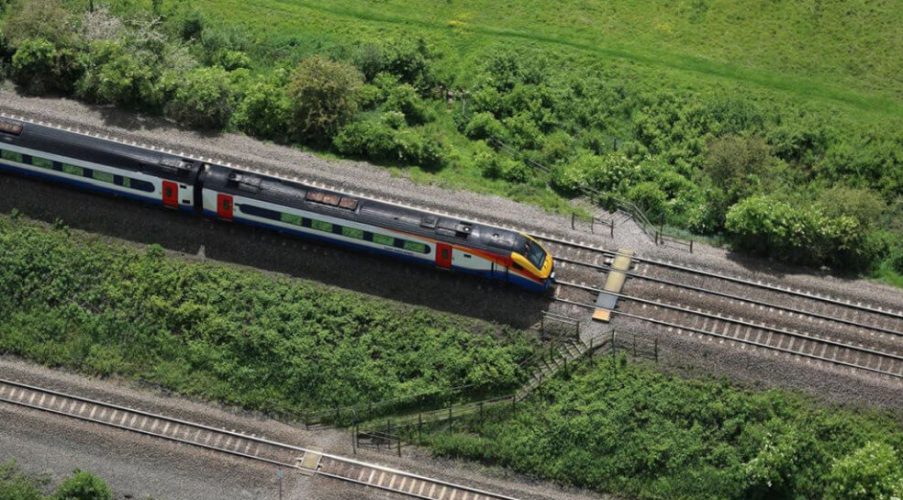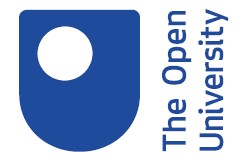Three of the Arc Universities, Cranfield University, the University of Cambridge and the University of Oxford are part of UKCRIC, a network of institutions considering the renewal and improvement of infrastructure and cities in the UK and across the world.
UKCRIC comprise test facilities, laboratories, modelling and simulation platforms, and urban observatories at 15 UK universities. These investments seek to enable policies, regulation, planning and capital investments and strategic, tactical and operational decisions to be made on the basis of evidence, analysis and innovation.
UKCRIC is well placed to provide a range of contributions to those charged with realising the ambition of the Oxford Cambridge Arc. Its collaborative operating model and convening power across multiple sites and establishments can mobilise world-class research to tackle both well-defined engineering problems and the complex, systems-level challenges which emerge from the interdependencies which characterise many of our infrastructure systems. The research capacities and capabilities accessible through UKCRIC provide an important resource for the reshaping of our infrastructure systems so that they work for both people and planet.
A recent example of how this ambition has been realised is the support provided to the planning of the East-West Rail link. A joint workshop with UKCRIC in 2019 resulted in the prioritisation of several research activities to underpin delivery of more sustainable railway infrastructure and services. Two of these were delivered in early 2020 via post-graduate group design projects at Cranfield University.
Solar energy for East-West Rail
The objective of this project was to identify what the potential contribution of solar energy could be to East-West Rail’s net zero carbon emission ambition. Looking specifically at utilising the stations and track assets only, the study concluded that a maximum of 22% of the total system demand could be covered by solar sources. The analysis included assessment of the potential solar power contribution from two novel technologies; solar sleepers (particularly useful to provide electricity to the signal lights) and solar panels on train roofs.

Reducing Carbon emissions during track construction
Adopting a whole system perspective on the challenge, this study identified and quantified the various ways in which East-West Rail could achieve net zero carbon in its track capital delivery programme. Life Cycle Analysis was based on a representative 1km length of track with embedded carbon calculations following the method adopted by the HS2 project. The use of new construction materials and techniques as well as of recovered materials from other sectors provided novel options to reduce embedded carbon values.
Making use of its test facilities, urban observatories and simulation / modelling platforms to support realisation of the Arc ambition is now a priority for UKCRIC, with early contributions coming through distinct projects as well as regional planning support from Data & Analytics Facility for National Infrastructure (DAFNI), and working with Water Resources East and Water Resources Southeast to ensure the Arc has a resilient water future.
Professor Paul Jeffrey is Director of the Water Theme at Cranfield’s Water Science Institute. Paul’s research interests span a range of disciplines and topics related to the delivery of sustainable water use. He has led projects on water reuse, the social and economic dimensions of water management, and resilient water systems. He also has wider interests in the relationships between human, natural, and technological systems, relating to issues of resource efficiency and social justice.









